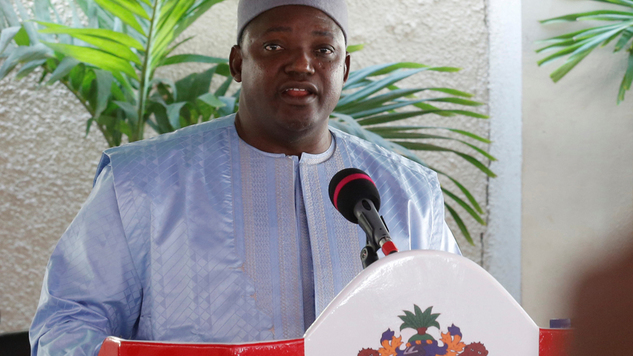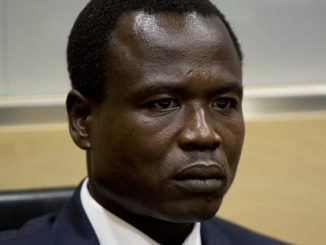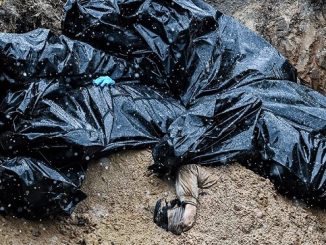
Gambia’s new government has told the United Nations it will remain in the International Criminal Court (ICC), state media reported on Monday, reversing the previous administration’s plan to withdraw from the tribunal.
Former president Yahya Jammeh announced in October that he would pull Gambia out of the ICC, accusing the world body of ignoring alleged war crimes of Western nations and seeking only to prosecute Africans.
But President Adama Barrow, who defeated Jammeh in a December election, pledged during the campaign to undo Jammeh’s decision, restore human rights and repair the country’s badly-damaged foreign relations.
READ MORE: ICC victims’ only hope if African states don’t strengthen their domestic laws
“As a new government that has committed itself to the promotion of human rights … we reaffirm The Gambia’s commitment to the principles enshrined in the Rome Statue of the International Criminal Court,” said a statement read on state television and radio.
The statement added that Gambia’s foreign minister notified UN Secretary-General Antonio Guterres of the decision in a letter last month.
The announcement constitutes a rare victory of late for the embattled tribunal. South Africa and Burundi also signalled last year they would quit the ICC and African Union member states earlier this month endorsed an unspecified “strategy of collective withdrawal”.
READ MORE: AU’s mass withdrawal strategy on ICC ‘went through with many reservations’
In another sign of Barrow’s intention to break with his predecessor, police opened their first investigations on Monday into unresolved deaths and disappearances under Jammeh.
Jammeh came to power in a coup in 1994 and his government established a reputation for torturing and killing opponents. He has denied these allegations.
The initial investigation ordered by Barrow will focus on at least 30 people whose family members reported them dead or missing, police inspector general Yankuba Sonko told reporters in the capital Banjul. The police also opened a complaint register so that additional people can file reports.
READ MORE: The International Criminal Court is a bully, and other popular myths
Jammeh fled to Equatorial Guinea last month under regional military pressure after refusing to accept his defeat to Barrow. Equatorial Guinea does not have an extradition treaty with Gambia.
Source mgafrica.com





Be the first to comment